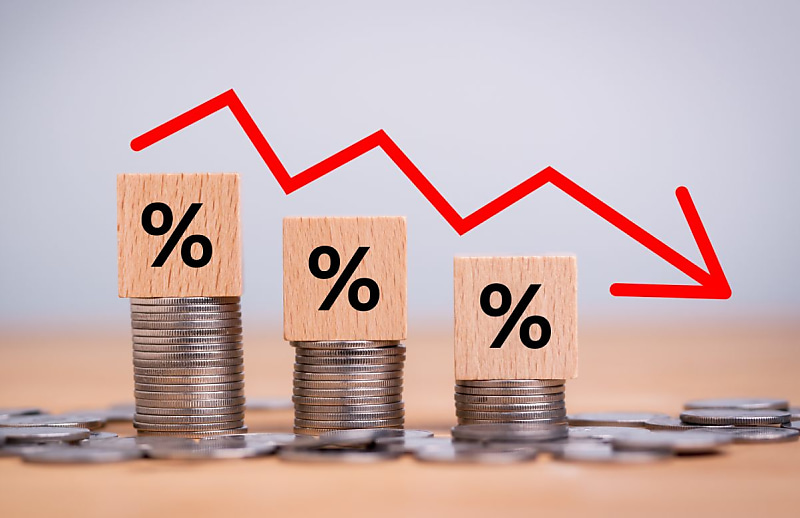Inflation slips to lowest annual figure since last February
BusinessUPDATED: ABS data shows CPI on steady downward trend helped by falls in petrol and vegetable prices.

Monthly inflation slowed to 4.9 per cent in the 12 months to July driven by falls in the cost of petrol and fruit and vegetables, according to data just released by the ABS.
ABS head of prices statistics Michelle Marquardt said inflation continued to ease from 5.4 per cent in June and its peak of 8.4 per cent last December.
Slowing the inflation rate in July increase were price falls for automotive fuel (-7.6 per cent) and fruit and vegetables (-5.4 per cent).
The most significant contributors to the July annual increase were housing (+7.3 per cent) and food and non-alcoholic beverages (+5.6 per cent).
“CPI inflation is often impacted by items with volatile price changes like automotive fuel, fruit and vegetables, and holiday travel,” Ms Marquardt said.
“It can be helpful to exclude these items from the headline CPI indicator to provide a view of underlying inflation.
“When excluding these volatile items, the decline in annual inflation is more modest at 5.8 per cent in July, compared to 6.1 per cent in June.”
The rise in housing prices slowed to 7.3 per cent from 7.4 per cent in June, with new dwelling prices up 5.9 per cent – the lowest annual rise since October 2021.
However, the ABS said rent rose 7.6 per cent in July, up from 7.3 per cent in June, as the rental market remained tight.
Also bucking the trend were electricity prices, which increased 6.0 per cent in July to record an annual rise of 15.7 per cent, although this included the impact of rebates.
“The Energy Bill Relief Fund provides eligible households with rebates ranging from $43.75 to $250 in July. If we exclude the impact of rebates from the July 2023 figures, electricity prices would have recorded a monthly increase of 19.2 per cent,” Ms Marquardt said.
Food and non-alcoholic beverages rose 5.6 per cent in the 12 months to July, down from the 7.0 per cent annual increase in June and the lowest annual increase since May 2022.
“Food inflation continues to ease across most categories, while fruit and vegetable prices fell 5.4 per cent compared to 12 months ago due to favourable growing conditions leading to increased supply,” Ms Marquardt said.
CreditorWatch chief economist Anneke Thompson said the steady price rises of meals out and takeway food reflected the need of business owners to pass on higher utility and rent costs to their patrons.
“For now, Australian consumers, particularly those aged 65 and over, are continuing to eat out at restaurants and cafes, with spending in this category increasing by 1.3 per cent versus 0.5 per cent overall,” she said.
“However, with diminishing savings rates, particularly among younger people, and interest rates that will remain high for some time, we expect margins in the food and beverage sector to continue to be challenged at the same time as customer demand flattens, or even falls.”




